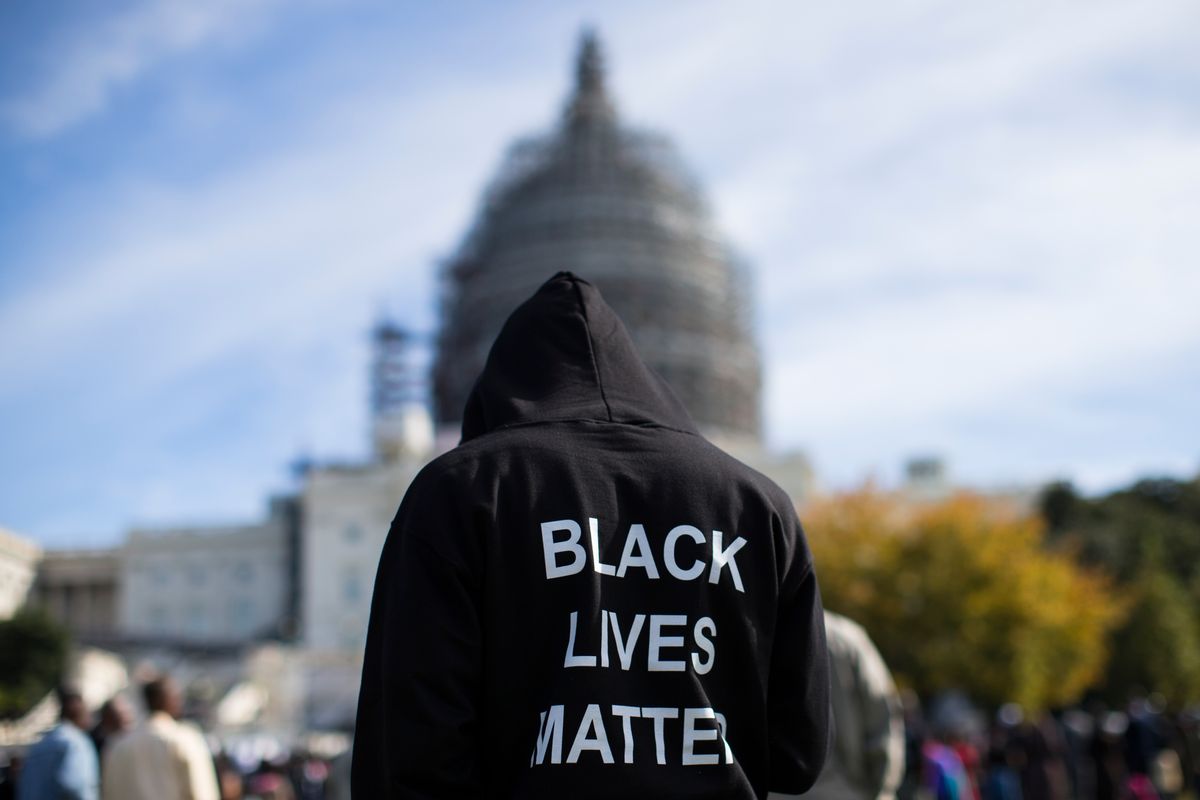Can you sue a hashtag? The answer is no, according to a federal judge who, on Thursday, tossed out a lawsuit filed by a Louisiana police officer who had launched a case against the Black Lives Matter movement for allegedly being responsible violence that erupted at a protest in Baton Rouge in July of 2016.
In the ruling, Judge Brian A. Jackson, an appointee of former president Barack Obama, declared that social movements could not be sued and that the officer, who was filing his suit anonymously, could not hold BLM activist DeRay Mckesson liable for actions committed by others.
The judge was particularly scornful of a motion by the plaintiff to sue the hashtag #BlackLivesMatter, after McKesson's attorney claimed that the original lawsuit was ridiculously vague and deserved to be dismissed.
"For reasons that should be obvious, a hashtag – which is an expression that categorizes or classifies a person’s thought – is not a “juridical person” and therefore lacks the capacity to be sued," the judge wrote. "Plaintiff’s attempt to bring suit against a social movement and a hashtag evinces either a gross lack of understanding of the concept of capacity or bad faith,"
In the ruling, the judge also noted that the anonymous officer had failed to provide any evidence that the person he alleges assaulted him was actually connected to the BLM Movement.
Adam Seinbaugh, a libertarian free-speech advocate argued that the entire case ought to have put the plaintiff's attorneys at risk of legal sanction.
"This is harassment by litigation, and it’s intended to chill people from speaking up," he wrote on Twitter. "The lawyers here are lucky to walk away with only a benchslap, and not monetary sanctions."



Shares